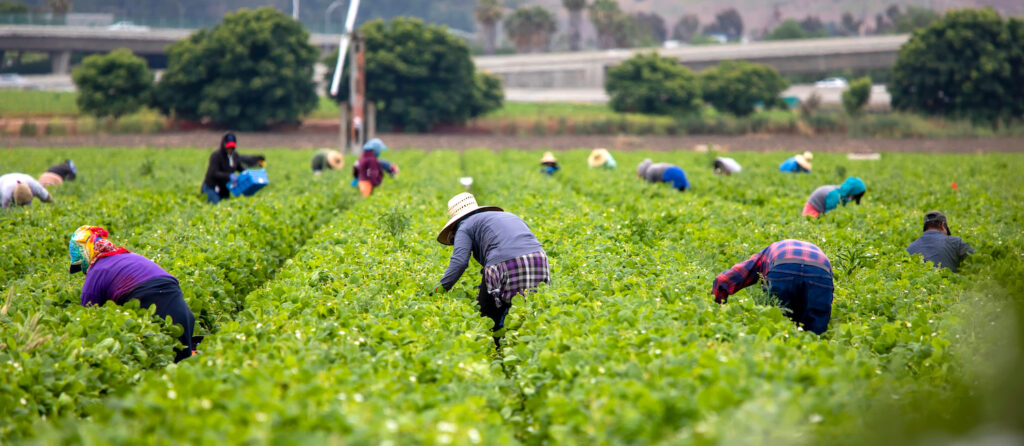Farms advised to upskill and consider new entrants as labour issues set to continue
24th January 2023
New research suggests that the availability of labour and access to staff with the right skills will continue to be an issue for agricultural and horticultural businesses over the coming years.

A survey of 700 employers found that 75% of respondents had not carried out any formal management or leadership training in the last three years, while nearly half (42%) said they were either ‘very’ or ‘somewhat unwilling’ to employ people with no previous industry work experience.
Researchers from the University of Exeter’s Centre for Rural Policy Research advised employers to improve their skills in recruiting and retaining staff, and be more open to bringing in staff from outside the industry – alongside other measures.
Industry organisations must also support businesses by making it easier to access appropriate training that helps them meet current and future skills needs, researchers said.
The study was commissioned by the Institute for Agriculture and Horticulture (TIAH).
TIAH chair David Fursdon said: “The agriculture and horticulture industry is acutely aware of the impact of labour shortages on productivity, profitability, and business and personal resilience.”
The results of the survey underline the need for industry organisations, policymakers and businesses to take a range of actions, he continued.
“The research suggests employers could benefit from upskilling in staff recruitment and retention and, in some cases, be more willing to open their doors to the huge pool of potential talent that hasn’t worked in farming or growing before. We know there are some areas where this is already happening but the research shows that, in many cases, it isn’t.”
Dr Caroline Nye, research fellow at the University of Exeter’s Centre for Rural Policy Research added: “Without a substantial step change in the way the industry deals with labour and skills issues in agriculture and horticulture, the impacts upon businesses and individuals across the country are likely to be significant.
“While the government and industry leaders have a role to play, employers themselves must also accept some responsibility for the change that is required to ensure business and industry resilience.”
The summary report can be found at www.tiah.org/lmi
